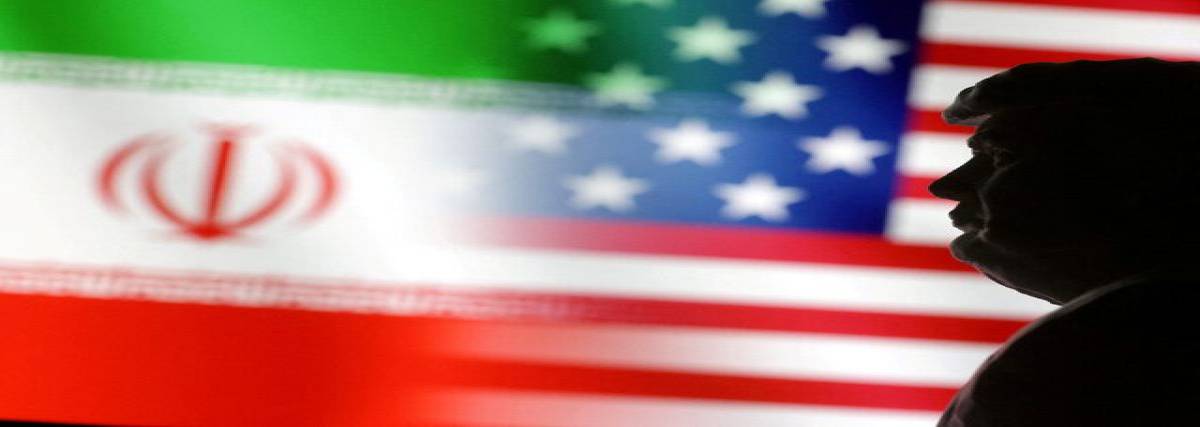1034 Views
Japan’s Shocking Warning: ‘U.S. Bases Make Us a Target—We Must Act Like Iran!’"
In the aftermath of the 12-day war waged by the Zionist regime against Iran—a war that ended in Iran's victory—many global political figures expressed varying opinions about the event. Among them was Japan’s former Prime Minister, who made important remarks, stating that Iran’s military response to the Zionist regime’s aggression, which was not limited to the regime itself but also included American bases in the Persian Gulf region, demonstrated that national independence in decision-making and the will to defend one's country are among the most crucial pillars for preserving territorial integrity.
He further said that Japan must work toward removing U.S. military bases from its territory in the coming years, because in a potential future war between China and the United States, Japanese soil might be exposed to Chinese attacks, as American bases would become legitimate targets in such a conflict. This very scenario played out in the recent war, when Iran targeted Qatar due to the American military base located there. The following discussion explores a possible domino effect stemming from Iran’s attacks on U.S. bases and their impact on other nations:
Undermining America’s Security Umbrella
Since the Cold War and the emergence of U.S. global dominance, a key assumption in international politics had become entrenched: U.S. allies could confidently rely on Washington’s security umbrella. Persian Gulf and East Asian countries, as traditional American allies, have consistently emphasized the scope and reliability of this protection—an arrangement from which the U.S. has reaped significant financial benefits.
However, Iran has recently demonstrated that this security model is ineffective. In times of crisis, a country with strong willpower and independence can target American bases in various countries in defense of itself. This has been evidenced by Iran’s repeated strikes since 2019, including attacks on Ain al-Asad and Al Udeid bases. These events could trigger a shift in mindset among U.S. allies, prompting them—like Japan, a traditional American partner—to question and even openly acknowledge the inefficiency of the U.S.-led order.
Iran’s Independent Defense as a Working Model
The former Japanese PM’s implicit endorsement of Iran’s defense model is a tacit recognition of the effectiveness of Tehran’s deterrence strategy. This model resists reliance on foreign bases and has proven capable of confronting broad threats. Built on domestic defense infrastructure, it views dependence on foreign powers as a costly vulnerability. In practice, the efficiency of independent defense has been validated on the battlefield.
In recent years, Iran has proven to be a successful model in this regard. despite facing sanctions and maximum pressure, Iran has developed indigenous defense infrastructure and active deterrence capabilities—yielding concrete results in military confrontations and affirming the success of this policy. Iran’s model may inspire other countries seeking alternatives to dependency on the West, offering a more fruitful path than Western reliance.
The Rising Costs of Defense Dependency
With global conflicts on the rise, hosting U.S. bases increasingly burdens host nations with high costs and risks, sparking global concern. The former Japanese Prime Minister emphasized that nations should embrace independent security discourse, as the new international order—marked by ongoing conflicts—is likely to engulf various parts of the world. Countries with less dependence on others for defense and economic resilience are better positioned to weather these crises.
Foreign military bases can significantly raise the chances of becoming embroiled in external wars. Instead of providing security, U.S. military bases now act as crisis generators for their host nations.
A Shift in Global Security Discourse
The experience of recent wars across different regions has spurred a new security discourse among Asian and West Asian countries. There is growing discussion around the need to reassess defense strategies built on U.S. military presence. Moving forward, security independence may emerge as a new global paradigm, with its tools including indigenous defense structures, strategic industry self-sufficiency, and the absence of foreign military bases.
This shift reflects a deepening crisis of trust in the United States.
In conclusion, the world is undergoing significant political and security transformations. Today’s and tomorrow’s wars may further accelerate this shift. The post-Cold War international order is no longer capable of managing global crises. Nations are now re-evaluating their security policies, actively seeking local and independent security models.
*Translated by Ashraf Hemmati from the original Persian article written by Amirali Yeganeh

Comment
Post a comment for this article